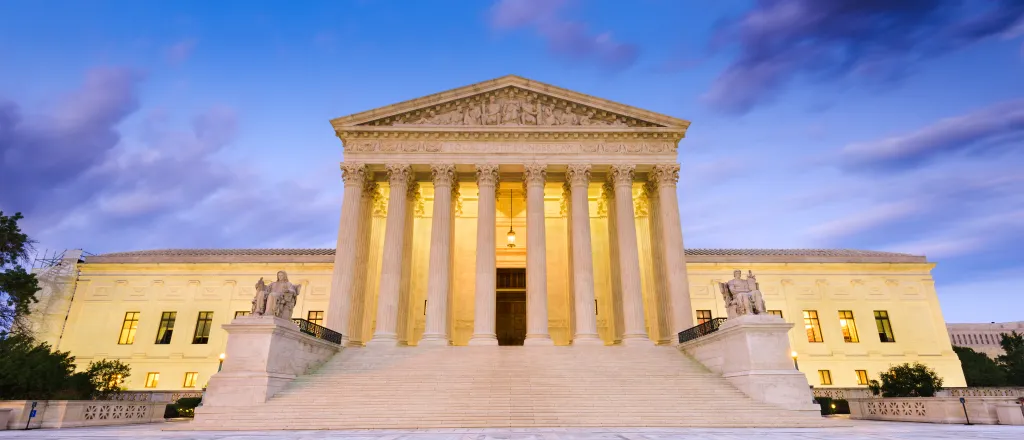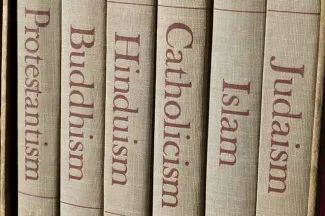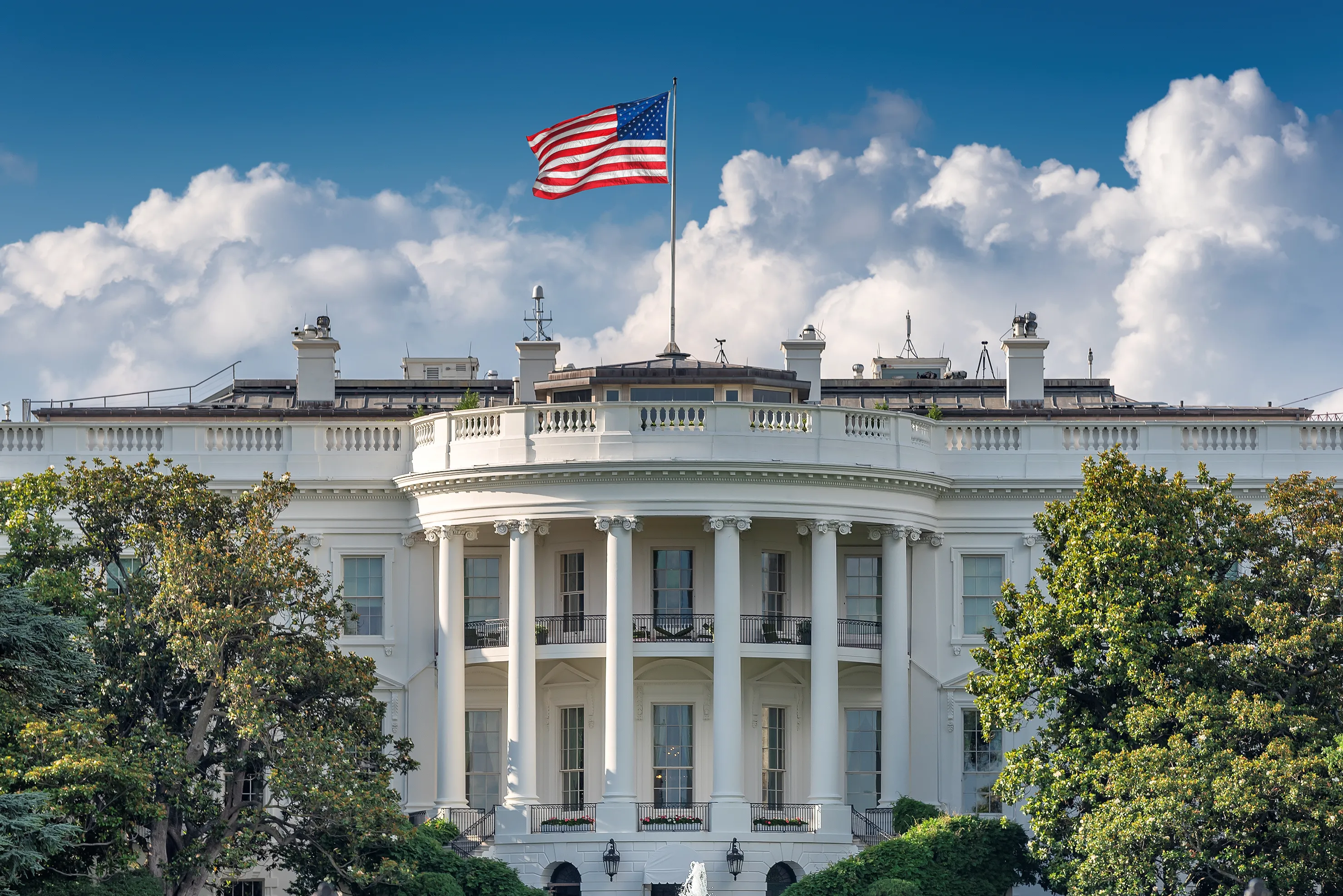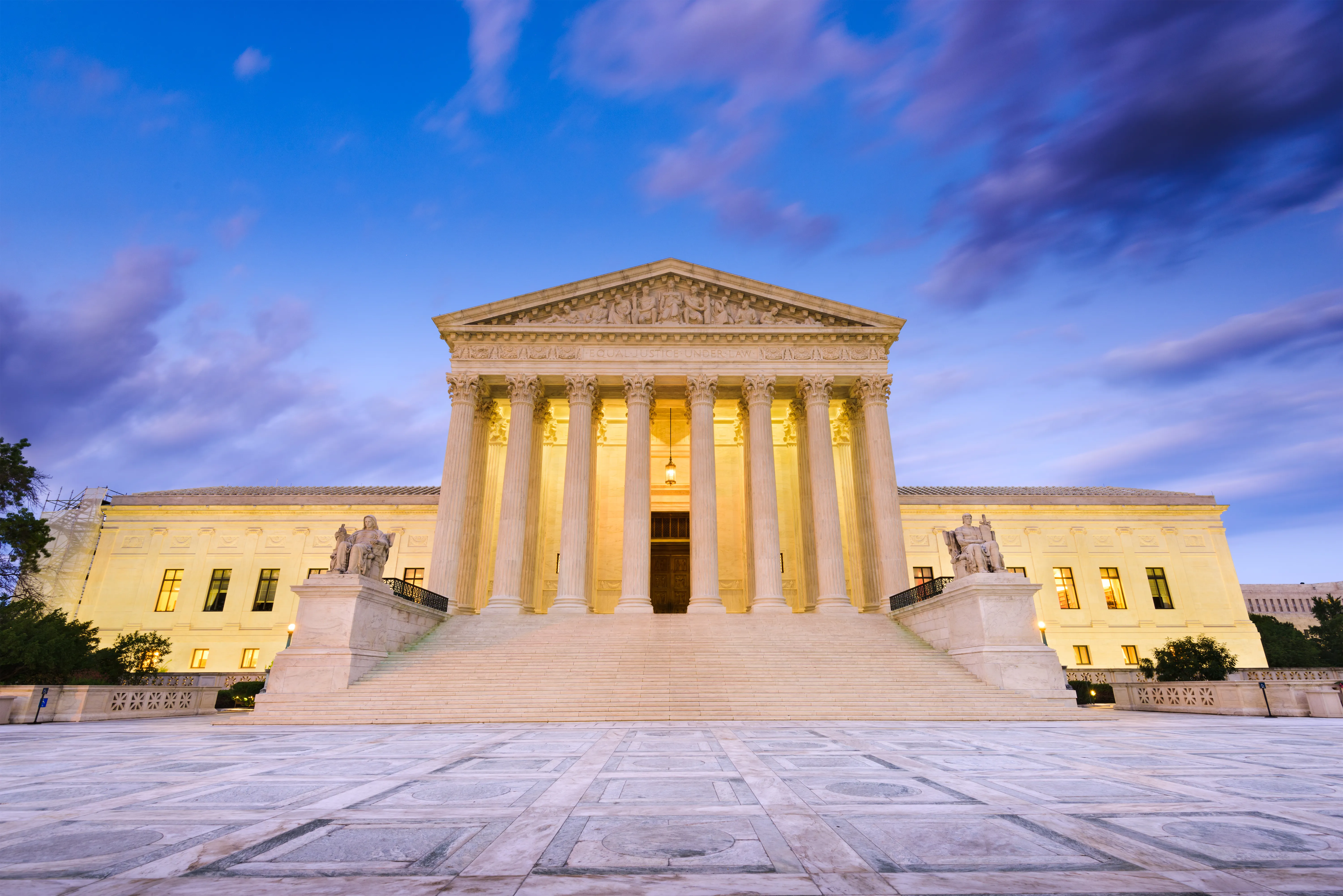
SCOTUS ruling on Oklahoma charter school leaves advocates in legal limbo
© iStock - SeanPavonePhoto
The constitutionality of religious charter schools remains an open question after the U.S. Supreme Court deadlocked, 4-4, over the St. Isidore of Seville Catholic Virtual School v. Drummond case Thursday.
Justice Amy Coney Barrett had recused herself from the case.
The one-page judgment left the Oklahoma Supreme Court’s ruling in place, effectively affirming that St. Isidore of Seville Catholic Virtual School cannot receive public funding.
The case stems from the Oklahoma Statewide Virtual Charter School Board allowing the religious school in 2023 to join the dozens of other charter schools across the state. Like traditional public schools, charter schools are taxpayer-funded and tuition-free.

© iStock.com/MarkSkalny
Though identifying as a Catholic school, St. Isidore accepts nonreligious students and does not require a statement of faith. The charter school board reasoned that St. Isidore contracting with the state to provide free public education as a privately run entity does not mean its religious activities would constitute “state actions.”
But Oklahoma Attorney General Gentner Drummond disagreed and sued the charter school board, arguing that allowing St. Isidore to join the public charter school program amounts to the state sponsoring a particular religion. After the state’s high court ruling, the case went to the U.S. Supreme Court.
St. Isidore argued that its exclusion from the state’s charter school program, simply because of its religious identity, violated the First Amendment’s free exercise clause.
But in a social media post celebrating the Supreme Court’s stalemate, Drummond also claimed to be upholding religious liberty, from a wider standpoint.
“The Supreme Court has ruled in favor of my position that we should not allow taxpayer funding of radical Islamic schools here in Oklahoma,” Drummond said. “I am proud to have fought against this potential cancer in our state, and I will continue upholding the law, protecting our Christian values and defending religious liberty.”
The judgment only applies to this specific case and leaves the question of religious charter schools open. But it also puts a spotlight on private religious schools and students that are currently eligible for other state funds, such as scholarships or assistance for students with disabilities.
In 2022, the Supreme Court overturned the state of Maine’s ban on state tuition assistance to students attending religious schools, leaving St. Isidore advocates hopeful for a similar result.
A Thursday statement from the Oklahoma Statewide Charter School Board’s executive director, Rebecca Wilkinson, accepted the Supreme Court’s ruling but reflected on the complicated nature of the issue.
“The split decision of the court affirms this was indeed a complicated matter with a wide spectrum of views on the appropriate relationship between education, public funding, and religious institutions in our state and country,” Wilkinson said. “We will move forward in that vein, ensuring our policies and practices reflect both the rule of law and commitment to all students.”

















